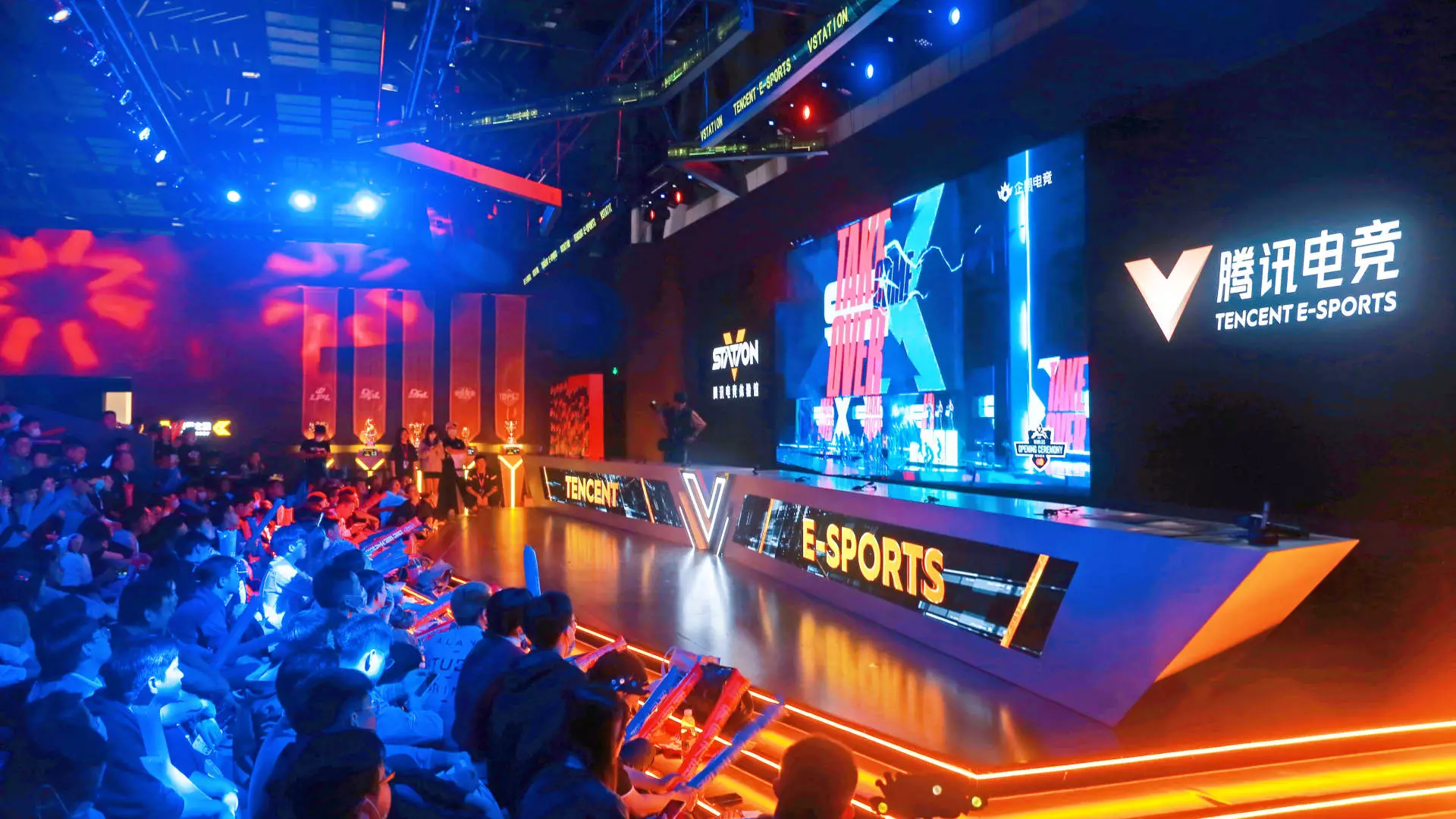China’s unexpected implementation of new regulations aimed at curbing excessive gaming and spending has sent shockwaves through the financial market, resulting in a massive loss of market value for Tencent and other major online gaming companies. These draft guidelines, issued by China’s National Press and Publication Administration, have raised concerns about the viability of existing business models and created uncertainty in the world’s largest online gaming market. This article delves into the implications of these regulatory moves and their potential impact on the gaming industry in China.
A Blow to Market Value
With the announcement of the new regulations, Tencent, NetEase, and Bilibili, which are among the leading players in the Chinese online gaming market, witnessed a significant decline in their market value. Tencent, the Shenzhen-based company that owns the popular messaging app WeChat, suffered a massive blow as its shares plummeted by 12.4% to their lowest closing level since November 2022. NetEase, another major player in the industry, saw its shares plunge by 24.6%, resulting in a loss of approximately 115.1 billion Hong Kong dollars in market capitalization. Bilibili, a prominent social media site heavily reliant on Chinese domestic gaming revenue, witnessed a 9.7% drop in its shares. These losses highlight the immediate impact of the new regulations on market sentiment and investor confidence.
The draft guidelines released by China’s top gaming regulator set out several key provisions that gaming companies must adhere to. One of the main requirements is the prohibition of high-value or expensive transactions in virtual entities, whether through auctions or speculative activities. Additionally, daily login rewards will be banned, and limits on recharging must be imposed. Pop-up warnings will also be introduced to deter users from engaging in irrational consumption behavior. While these measures aim to address some of the concerns surrounding excessive gaming and spending, their implementation poses challenges for businesses that rely on incentives and rewards to attract and retain users.
Industry Reactions
The gaming industry has responded to these new regulations with mixed views. Brian Tycangco, an analyst at Stansberry Research, expressed skepticism about the viability of existing business models that heavily rely on incentives and rewards. However, Vigo Zhang, vice-president of Tencent Games, emphasized that the new regulations provide instructive guidance that encourages the innovation of high-quality games and underscores the authorities’ support for the online gaming industry.
These new regulations come at a time when the Chinese technology industry is still recovering from a broader crackdown initiated in late 2020. The gaming sector, in particular, faced significant scrutiny, resulting in limited game licenses and restrictions on gameplay for minors. In 2021, China’s President Xi Jinping attributed rising myopia and adverse psychological well-being in young people to addiction to online gaming. The subsequent proposal to limit gaming hours for children drew attention to the potential negative impacts of excessive gaming. The recent regulatory moves further demonstrate the government’s determination to tackle these issues and promote healthier gaming habits among its population.
The introduction of these regulations has created uncertainty in the Chinese gaming industry. Investors are concerned about the impact on revenue streams and the ability of companies to adapt their business models. The industry’s response to the new guidelines will be crucial in determining its future trajectory. Striking a balance between addressing societal concerns and sustaining business growth will require close coordination between industry stakeholders and regulators.
China’s surprise imposition of new gaming regulations has had a significant impact on the market value of major gaming companies, including Tencent, NetEase, and Bilibili. These regulations, aimed at curbing excessive gaming and spending, have raised questions about the sustainability of existing business models and the overall future of the gaming industry in China. As the industry grapples with these challenges, it is essential for industry players to adapt to the new regulatory landscape while maintaining their commitment to innovation and quality gaming experiences.

Leave a Reply